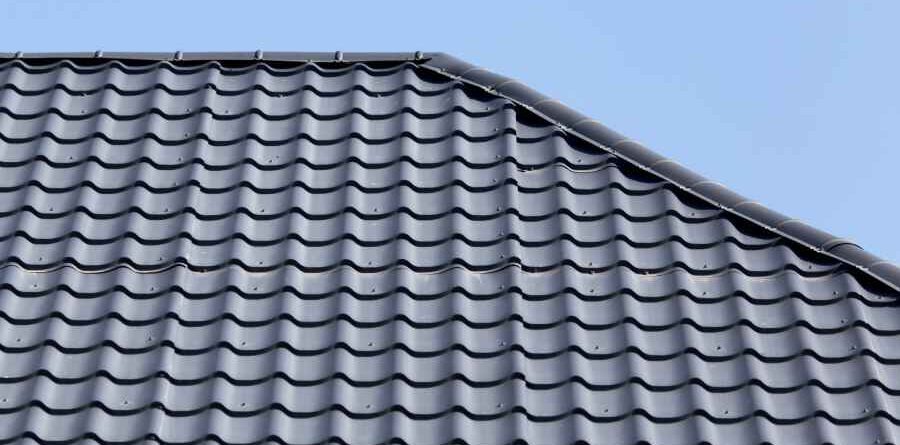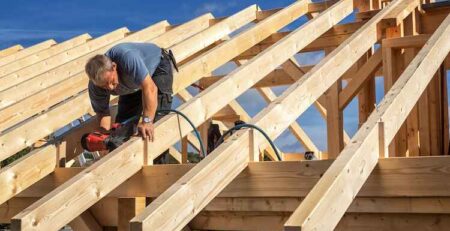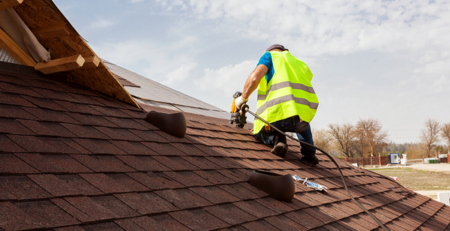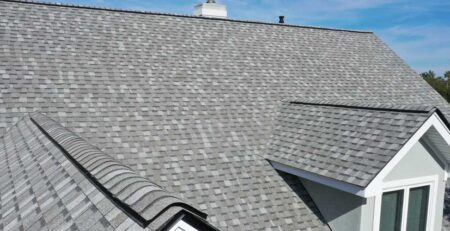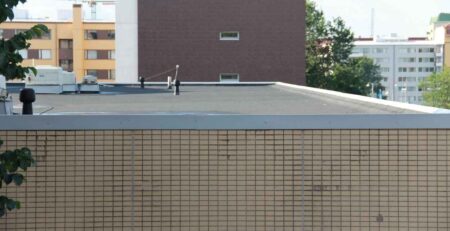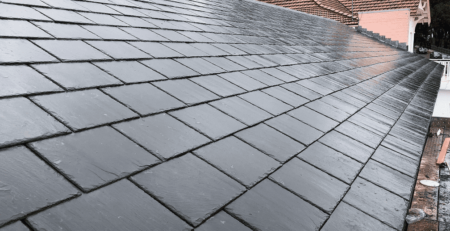What Are the Best Residential Roofing Material Options
When considering the best residential roofing material options consulting with a professional roofing expert assessing various factors such as durability, cost-effectiveness, and aesthetic appeal is crucial. Each material presents its own advantages and drawbacks, making the decision significant for homeowners. The array of options can be overwhelming, from the classic choice of asphalt shingles to the modern appeal of metal roofing.
Exploring the pros and cons of each type could provide valuable insights into selecting the most suitable roofing material for your home.
Asphalt Shingles
Among the various residential roofing materials available, asphalt shingles are one of the most popular and widely used options due to their affordability, durability, and ease of installation. Asphalt shingles come in two main types: organic shingles, made from recycled felt paper saturated in asphalt, and fiberglass shingles, constructed with a fiberglass mat coated with asphalt and mineral granules. Installing asphalt shingles is relatively straightforward, making them a preferred choice for many homeowners. In terms of cost, asphalt shingles are budget-friendly compared to other roofing materials, providing a cost-effective solution for residential roofing needs.
Additionally, asphalt shingles offer good durability, with a typical lifespan of 20-30 years, depending on the quality and maintenance.
Metal Roofing
Metal roofing offers exceptional longevity and durability, making it a top choice for residential properties seeking a long-term roofing solution. When considering metal roofing, here are some key points to keep in mind:
- Energy Efficiency: Metal roofs are highly reflective, reducing heat gain and making them energy efficient by keeping homes cooler in hot climates.
- Longevity: Metal roofs can last 50 years or more with proper maintenance, outlasting many other durable roofing materials.
- Installation Process and Maintenance Requirements: Due to its precision requirements, metal roofing requires skilled professionals to install. However, once installed, metal roofs require low maintenance, requiring occasional inspections and minimal repairs to maintain their integrity.
Clay Tiles
Clay tiles are renowned for their traditional aesthetic appeal and robust resilience, making them popular for residential roofing applications. Consulting with residential gutters professionals during the installation process of clay tiles can ensure proper planning and attention to detail. Due to their weight and fragility, proper installation involves careful consideration of a sturdy framework and the use of professional techniques to prevent breakage. When correctly installed, clay tiles offer exceptional longevity, often lasting over 50 years with minimal maintenance.
Routine inspections for cracked or damaged tiles and clearing debris from the roof are essential for preserving their durability. Periodic cleaning and resealing can help extend the lifespan of clay tiles, providing homeowners with a beautiful and long-lasting roofing solution.
Wood Shakes
Wood shakes are a popular roofing material known for their natural aesthetic appeal and durability in residential construction.
Wood shakes can last around 30 years if properly maintained, making them a desirable choice for homeowners seeking a natural and enduring roofing option.
Synthetic Roofing Materials
Synthetic roofing materials have gained popularity in the construction industry due to their durability, versatility, and cost-effectiveness compared to traditional roofing options. These materials are eco-friendly alternatives to conventional roofing, often made from recycled plastics and rubber. They offer energy-efficient options such as cool roof technology, which reflects sunlight and reduces heat absorption, leading to lower energy costs for homeowners. Synthetic roofing materials come in various styles that can mimic the look of natural materials like wood shakes or slate, providing homeowners with aesthetic options without compromising on performance.
Additionally, their lightweight nature makes installation easier and reduces the structural load on the building. Overall, synthetic roofing materials offer a modern, sustainable solution for residential roofing needs.

